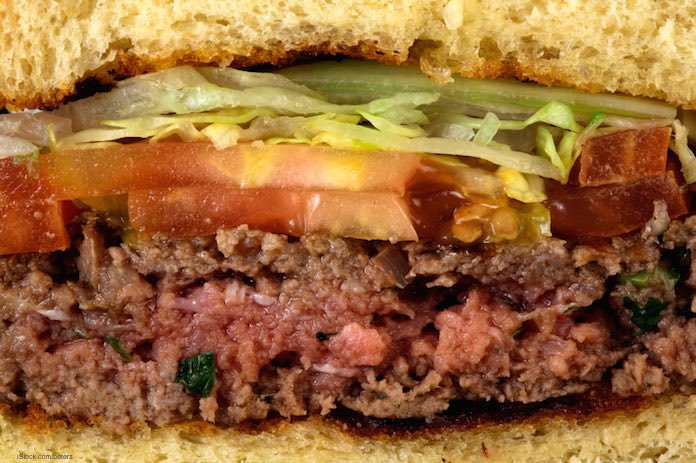According to a study by North Carolina State University and published in the Journal of Food Protection, front line staff in restaurants do not do a good job explaining risks of undercooked meat to customers. Undercooked meat served at restaurants, especially ground beef, has been the source of food poisoning outbreaks in the past.

Unfortunately, servers in restaurants are a high turnover position with relatively low wages. These workers want to give their customers a positive experience, so they typically don’t want to mention potential problems with food. Inaccurate information provided by servers often contracts science-based information people need to make informed food safety decisions.
All of the 50 states in this country have adopted some version of the FDA’s Model Food Code, which requires restaurants to tell consumers about risks of undercooked meat and poultry. Ben Chapman, co-author of a study on the work, said they wanted to know how well servers and menus communicate with customers about these risks. Ground beef burgers were the focus of this research since outbreaks of Shiga toxin-producing E. coli bacteria have been linked to undercooked ground beef.
In fact, an E. coli O157:H7 outbreak this summer was linked to ground beef produced by Adams Farms Slaughterhouse. Seven people were sickened in that outbreak; five had to be hospitalized because they were so ill. Some of that beef was served at restaurants. Luckily, no one developed hemolytic uremic syndrome (HUS) in that outbreak.
In the study, researchers sent trained “secret shoppers” into 265 full service, sit down restaurants in seven regions around the United States. The patrons ordered one well-done hamburger and one medium-rare hamburger to go. The shoppers recorded how the restaurant talked about the risk of the medium-rare burger.
The shoppers found that 25% of restaurants would not sell an undercooked burger. But, at the remaining restaurants that would sell a burger cooked to that doneness, 77% of the servers gave the customers unreliable information about food safety.
Ellen Thomas, a food safety scientist at RTI International and lead author of the study who worked on the project while a Ph.D. student at NC State said, “servers said that mean was safe because it was cooked ‘until the juices ran clear’ – which is totally unreliable. Those 77 percent didn’t mention things like cooking meat to the appropriate temperatures – either 155°F for 15 seconds, or 160°F for instant kill.
“The indicator of safety most widely reported by servers was the color of the burger, and that’s also not a reliable indicator at all,” she continued. “Time and temperature are all that matter. An undercooked, unsafe burger can be brown in the middle, and a safely cooked burger can still be red or pink in the center.”
Almost all of the menus at those restaurants complied with FDA guidance. But what servers told the customers often contradicted that information.
The study found that chain restaurants were much better than independent restaurants at offering reliable risk information. Those chains implement standardized training for servers to protect their brand, according to Chapman.




